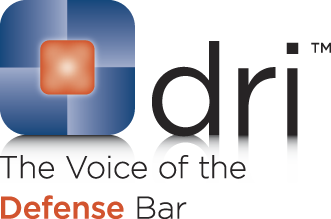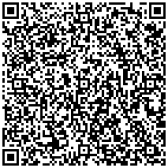The new CSA 2010 systems will gather and store more data on drivers than ever before. Even though the regulations themselves suggest that such data should not be admissible, plaintiff’s attorneys will never overlook the chance to try and stir the emotions of the jury by pointing to what they consider an inadequate driver history.
As we see from the case of Diaz v. Carcamo, 51 Cal.4th 1148126 (2011), Plaintiffs still have not given up on the argument that motor carriers should be called on to answer for the negligent hiring of its employee drivers even where the carrier has admitted that it is vicariously liable for the driver’s negligence.(See earlier posts on this topic HERE). In Diaz, plaintiff sued the defendant driver’s employer for negligent entrustment of the vehicle even though the employer admitted that the driver was in the course and scope of his employment at the time of the accident. The trial court allowed the jury to hear that thedriver was “undocumented”, had used a phony social security number and had two prior accidents. The jury found the employer 35% liable for negligent entrustment as well as 45% negligence for the driver. The Appellate Court reversed, finding that when an employer admits vicarious liability, a claim of negligent entrustment was barred, as was the evidence concerning the driver’s past accidents, and employment history.
In cases where the driver is the motor carrier’s employee, admitting vicarious liability may be the first step to obtaining summary judgment on causes of action for negligent hiring and negligent entrustment and thereby reducing the risk that plaintiff will discover and proffer as evidence the driver’s employment record and driving history.
 Follow
Follow Email
Email


